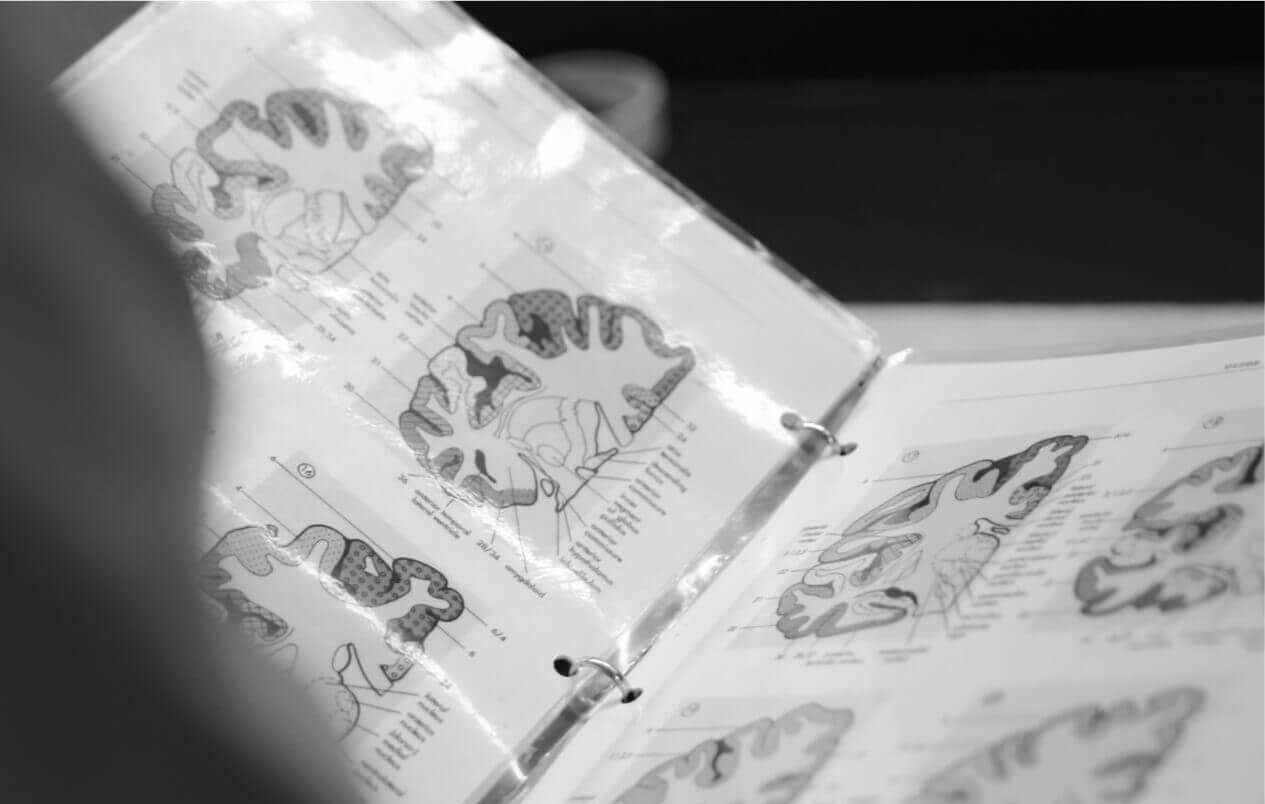Someone you care about is struggling with mental illness – and science needs answers
With one in five people suffering from some kind of mental health issue, the answers for how to prevent, treat and cure these disorders simply cannot come fast enough. Add in the stressors of the past year, and it’s easy to see how critically help is needed. Since May is Mental Health Awareness Month, we’re taking a look at the most commonly diagnosed mental health disorders to see where the research is headed.
Depression might touch more lives than any other mental illness, with nearly 300 million people across the globe reporting having struggled with it. Symptoms can range from mild depressive episodes, getting in the way of work and relationships – to its most severe outcome, suicide, which became the tenth leading cause of death in the U.S. in 2020. Depression is considered one of the mood disorders, as is Bipolar Disorder which usually involves severe highs and lows. In the last 30 years, there’ve been major advancements in treating depression and other mood disorders with significant reduction in the side effects of previous classes of drug treatments. Improvements in pharmacology combined with effective therapy and the benefits of exercise are helping more and more people manage their depression every day. For more information, consider these resources:
- Anxiety and Depression Association of America – Support
- SAMHSA’s National Helpline – 1-800-662-HELP (4357)
- American Foundation for Suicide Prevention
Anxiety Disorders impact nearly as many people as depression and can be just as troubling when it comes to disruption of daily activities. Generalized anxiety disorder (GAD) is described as an extreme worry about things that the individual cannot seem to control – and is much more than the general anxiety many of us experience about, for example, public speaking. The thought of impending doom interrupts concentration and sleep, often leading to physical symptoms. Anxiety disorders can be treated very effectively with a wide variety of medication, tools and practice at avoiding triggers, relaxation exercises, distraction techniques and focused therapy. Employing a variety of coping strategies to prevent and manage anxiety disorders has been proven to help sufferers gain control. For more information, consider these resources
- National Institute of Mental Health – Anxiety Resources
- American Academy of child and Adolescent Psychiatry Anxiety Resources
- Anxiety Resource Center Helpful Links
Addiction to alcohol and other substances has devastated families and communities around the world, impacting nearly 200 million people globally. The impact of alcohol abuse alone brings on other diseases, destroys families and is devastating during pregnancy. Substance use disorder is responsible for more than $400B annually in economic cost to society. Much has been learned in the last couple of decades about addiction disorders, however, and two key findings are most promising. One is the impact of genetic risk factors that can explain the propensity for an individual to become addicted. The second is the profound impact of early intervention. Studies have proven that addressing the problem as soon as it appears not only is most effective in stopping the behavior, it also significantly reduces the years of potential life lost – a key metric – and death rates from substance abuse. For more information, consider these resources:
- National Institute on Drug Abuse – Addiction Treatment Research and Resources
- Shatterproof – Addiction in America
- Recovery Answers
Schizophrenia and other psychotic disorders, while not as widespread, are particularly disturbing as they alter an individual’s ability to discern what is real and what is not. Psychotic disorders often bring hallucinations, delusions and behaviors that are difficult to understand. While researchers haven’t been able to pinpoint the cause, it appears to come from some combination of an altered brain structure, genetics and maybe environmental triggers. Scientists are also looking into whether brain trauma or severe emotional trauma, or a post-viral condition may also play a role. In any case, treatment for schizophrenia usually consists of a combination of medication and psycho-social therapy…and is often lifelong, even when symptoms are not present. Recent research points to a specific protein shortage in the brains of some schizophrenics, which weakens certain brain connections. For more information, consider these resources:
- American Psychiatric Association – Help with Schizophrenia
- National Institute of Mental Health – Schizophrenia
- Schizophrenia and Psychosis Action Alliance
Eating disorders are a larger category of mental illness than most realize, with a variety of symptoms and behaviors, but all are marked by behaviors that indicate eating, weight loss and control of food intake have become a primary concern. It’s critically important that this disorder be identified and treated as soon as possible, as the behaviors associated with eating disorders can be devastating…even fatal. There are many warning signs along those lines, both behavioral and physical, that indicate a person may be heading for trouble in this category. Prevention programs that focus on healthy body image, especially for pre-teen girls who are feeling pressure for thinness, or have a parent who’s had an eating disorder can alter damaging behaviors in these at-risk groups. Treatment includes a combination of psychological counseling, nutritional education, psychiatric monitoring and medical observation and review. Until recently, eating disorders were thought to be a primarily psychiatric condition, but there’s some recent evidence that a metabolic anomaly may also be at play.
- Association of Anorexia Nervosa and Associated Eating Disorders Help
- National Institute of Mental Health – Eating Disorders
If you or someone you care about could be suffering from one of these conditions, please educate yourself to be able to help. For more information:
Mental Health disorders are the number one diagnosis of those who have registered to donate their brain upon death for neurological research, and we are grateful for their generosity. Researchers need critical brain tissue (from brains of those suffering from mental illness, as well as brains with other disorders and/or healthy brains.) Help science advance diagnoses and treatments for mental illness, and consider brain donation. Learn more on our FAQ page.



